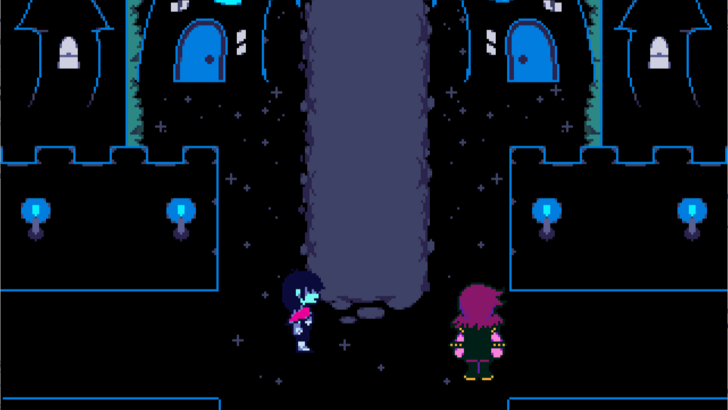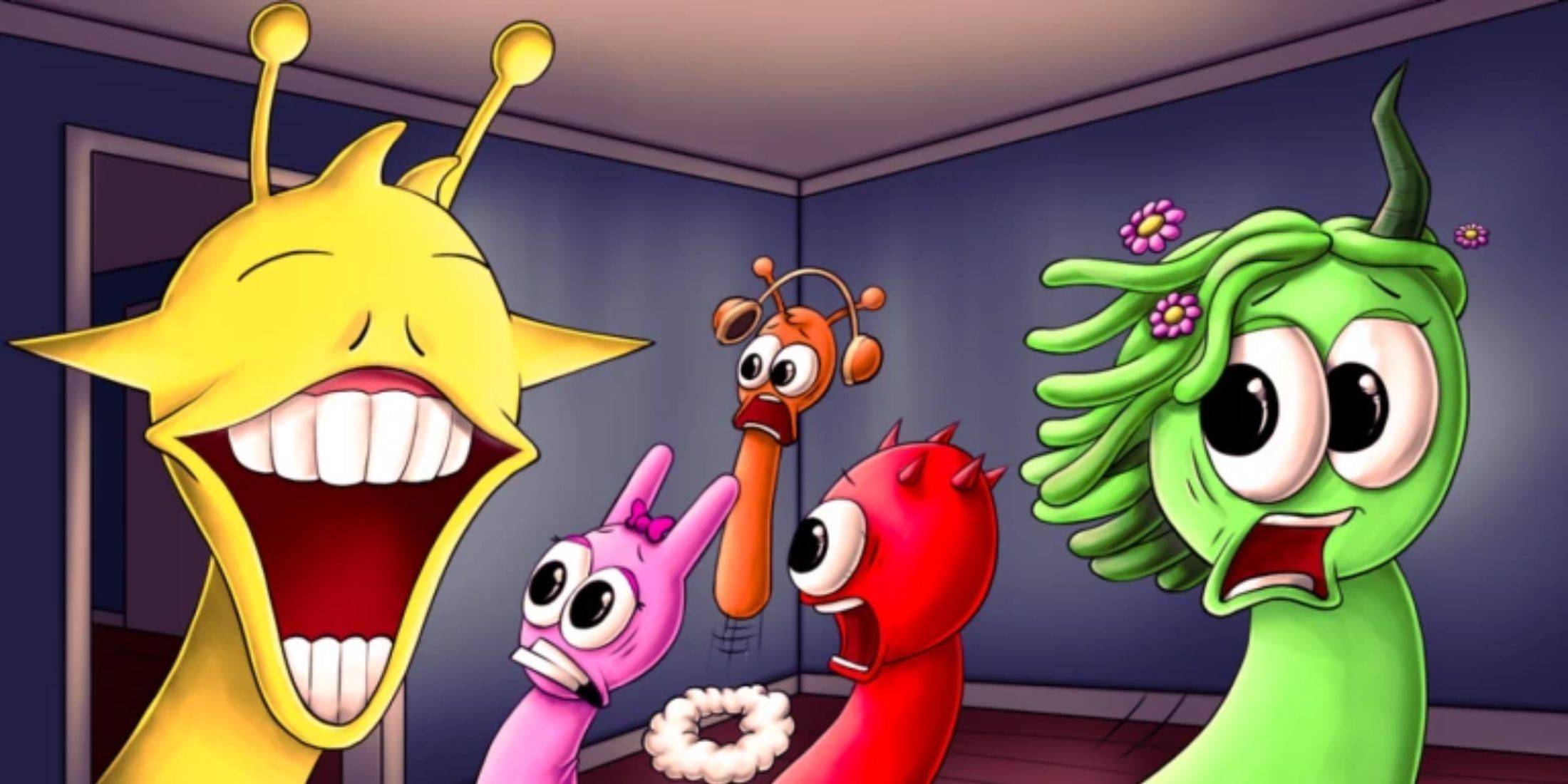Capcom is exploring the use of generative AI to address the significant challenge of generating the vast number of unique design ideas required for its game environments – a figure reaching hundreds of thousands. This initiative reflects a broader industry trend, driven by escalating game development costs, where publishers are increasingly turning to AI tools, despite ongoing controversies, to accelerate workflows and reduce expenses. Activision, for example, faced criticism for allegedly using AI-generated content in Call of Duty: Modern Warfare 3 and a previous loading screen. EA, meanwhile, has publicly declared AI as a cornerstone of its operations.
In a recent interview with Google Cloud Japan, Capcom's Technical Director, Kazuki Abe (a veteran of titles like Monster Hunter: World and Exoprimal), detailed the company's AI experimentation. Abe highlighted the immense time and resources consumed in generating the sheer volume of unique concepts needed for game assets. Even seemingly simple objects like televisions require individual designs, logos, and shapes, resulting in the need for hundreds of thousands of ideas, including those ultimately unused. This process involves multiple design proposals for tens of thousands of such objects per game, each requiring accompanying illustrations and textual descriptions for communication with art directors and artists.
To streamline this process, Abe developed a system leveraging generative AI. This system analyzes various game design documents and outputs design ideas, significantly accelerating development and improving efficiency. The AI system also provides iterative feedback, refining its output over time. Abe's prototype, which utilizes multiple AI models including Google Gemini Pro, Gemini Flash, and Imagen, has reportedly received positive internal feedback. The projected outcome is a substantial cost reduction compared to manual creation, coupled with potential quality enhancements.
Currently, Capcom's AI implementation remains focused on this specific system, with other crucial aspects of game development—including core gameplay design, programming, and character creation—still managed by human teams.







![Taffy Tales [v1.07.3a]](https://imgs.xfsxw.com/uploads/32/1719554710667e529623764.jpg)











